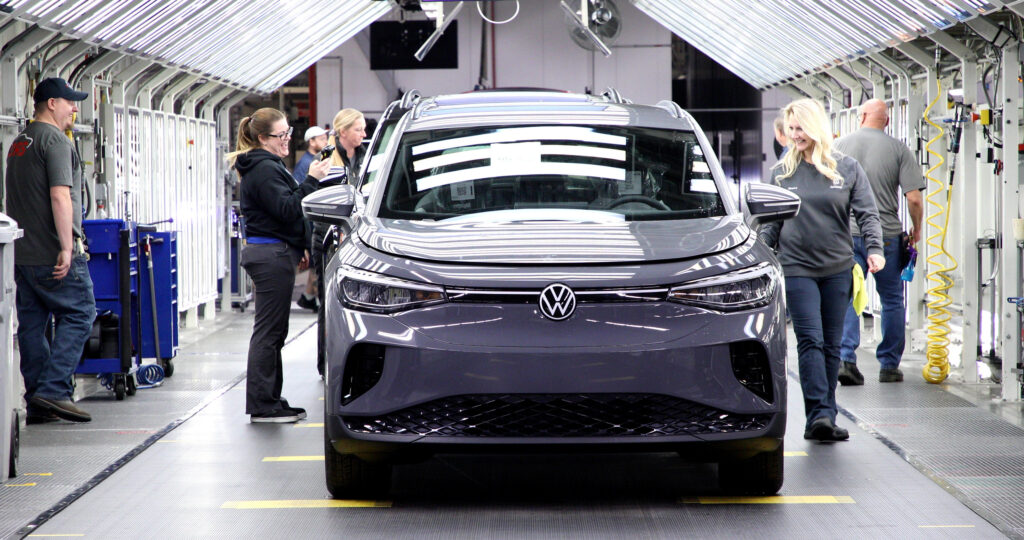Negotiations between Volkswagen and UAW in Chattanooga
Over a year ago, Volkswagen workers in Chattanooga, Tennessee, voted to join the UAW union. This was a significant victory for the union, which had long been trying to strengthen its presence in the South of the country. However, since then, the situation has not developed in the best way.
Volkswagen recently took an unusual step by publishing its “final contract proposal for the UAW.” In a brief statement, the company reported that negotiations have been ongoing for almost a year, and this proposal will be the last one.
Terms of Volkswagen’s Proposal
Volkswagen presented the deal as strong support for its employees. The proposal includes:
In addition to financial incentives, the company promised industry-leading paid vacations, additional holidays, and reduced healthcare costs. An “improved job security guarantee” and “other improvements demanded by the workers” were also offered.
Volkswagen’s statement noted that the proposal “balances the priorities of employees with the economic challenges facing our industry, ensuring that we can continue to invest and grow in Chattanooga.” The company urged employees to support the contract.
Position of the UAW Union
The UAW union remains almost silent; its last update was published on May 9, over four months ago. At that time, the negotiating committee stated that they were seeking “no less than what other unionized autoworkers in the USA receive.” They also claimed that “in all other countries where Volkswagen has plants, the company offers higher wages and benefits than industry standards, except in the USA.”
Judging by posts in the Volkswagen Workers of Chattanooga Facebook group, this position remains unchanged. This could lead to a confrontation if the company’s latest proposal is indeed final, but time will tell.

This situation indicates the complexity of reaching a compromise between large corporations and unions, especially in regions where unionization is a new phenomenon. The success or failure of these negotiations could have a significant impact on the future of labor relations in the US automotive industry, particularly in the South, where many manufacturers try to avoid unionization. The workers’ decision regarding Volkswagen’s proposal could become a key moment for the UAW’s further movements in the region.


 by
by 
